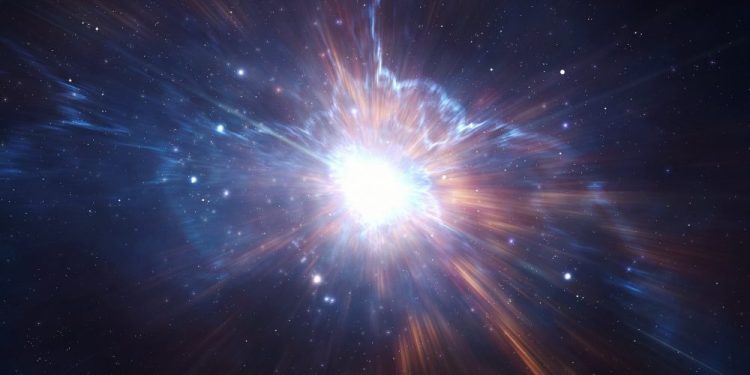Dark matter, one of the most elusive components of the Universe, might predate the Big Bang itself, according to a bold new study by researchers at the University of Texas at Austin. This innovative theory challenges traditional ideas about the origins of the cosmos and offers fresh insights into how dark matter could have formed during an early, mysterious phase of the Universe.
The conventional narrative begins with the Big Bang, which marks the origin of time, space, and matter. Immediately following this event, the Universe expanded at an incredible rate in a process known as cosmic inflation. Within an unimaginably brief moment, the Universe grew exponentially.
However, some scientists propose that cosmic inflation may have occurred before the Big Bang, setting the stage for the Universe’s creation. This opens up the possibility that dark matter—the invisible substance believed to account for much of the Universe’s mass—was born during this earlier inflationary phase.
The WIFI Model and a Warm “Thermal Bath”
The study introduces a theoretical framework called warm inflation via freeze-in (WIFI) to explain how dark matter could have formed. According to the model, the Universe during the inflation phase contained a “thermal bath” of radiation and particles. Interactions within this environment could have led to the creation of dark matter particles.
Katherine Freese, a theoretical astrophysicist and one of the study’s authors, emphasizes the distinctiveness of this approach:
“The thing that’s unique to our model is that dark matter is successfully produced during inflation. In most models, anything that is created during inflation is then ‘inflated away’ by the exponential expansion of the Universe.”
The WIFI model builds on the concept of warm inflation, where radiation is generated alongside the rapid expansion. This creates conditions for rare but significant interactions, such as the production of dark matter particles through a process called UV freeze-in. Unlike other particles, these dark matter particles never reach thermal equilibrium, allowing them to persist in the Universe.
What Happened Before the Big Bang?
The question of what existed before the Big Bang has long puzzled scientists. Traditional physics struggles to describe the singularity—a point of infinite density and curvature—from which the Universe supposedly emerged. Alternative theories suggest a different pre-Big Bang epoch, such as the collapse of a previous Universe (the “Big Bounce” model) or an inflationary phase.
In this scenario, the Big Bang represents the transition of the Universe from this earlier phase into the dense, hot state that eventually gave rise to all matter and light.
While the WIFI model presents a compelling hypothesis, it remains unverified. Upcoming studies of the cosmic microwave background (CMB), such as the CMB-S4 experiment, may provide the data needed to confirm or refute warm inflation. These observations could also shed light on the origins of dark matter, bringing us closer to solving one of the Universe’s most profound mysteries.
As Gabriele Montefalcone, co-author of the study, explains:
“If future observations confirm that warm inflation is the correct paradigm, it would significantly strengthen the case for dark matter being produced as described in our framework.”
Unraveling the origins of dark matter is crucial for understanding the structure and evolution of the Universe. If the WIFI model proves accurate, it could fundamentally change how we view the earliest moments of existence, offering a glimpse into the mysterious forces that shaped the cosmos.











